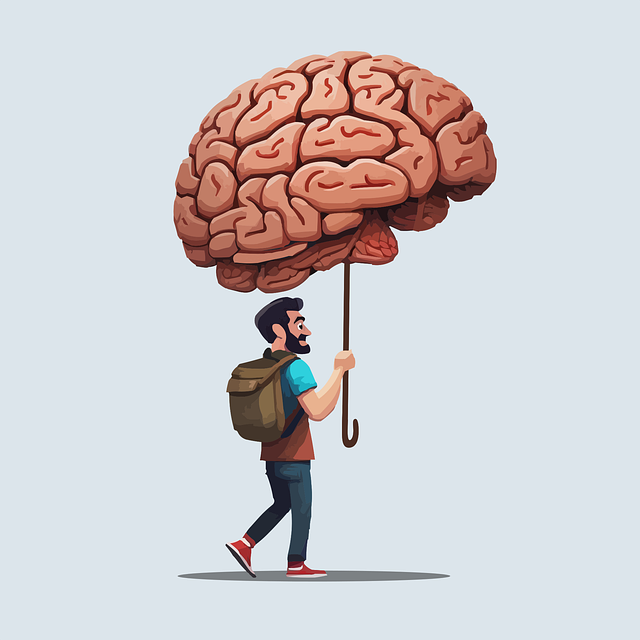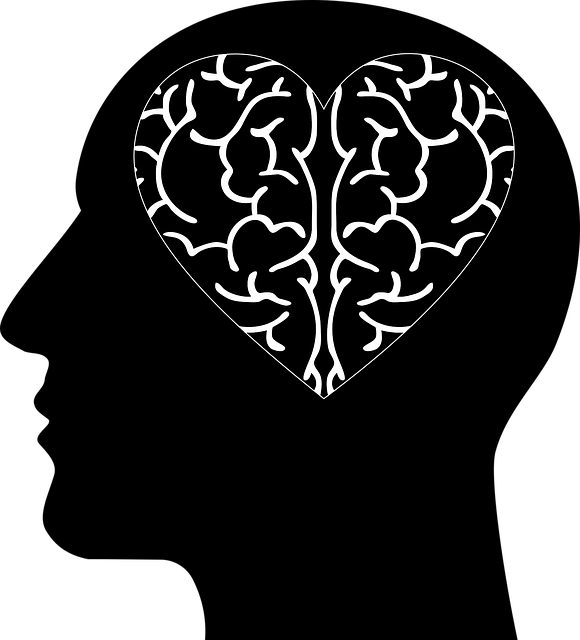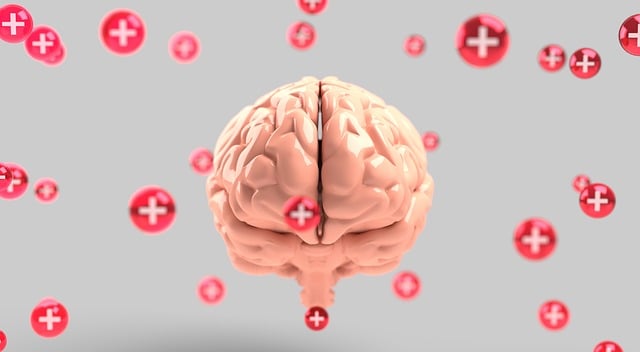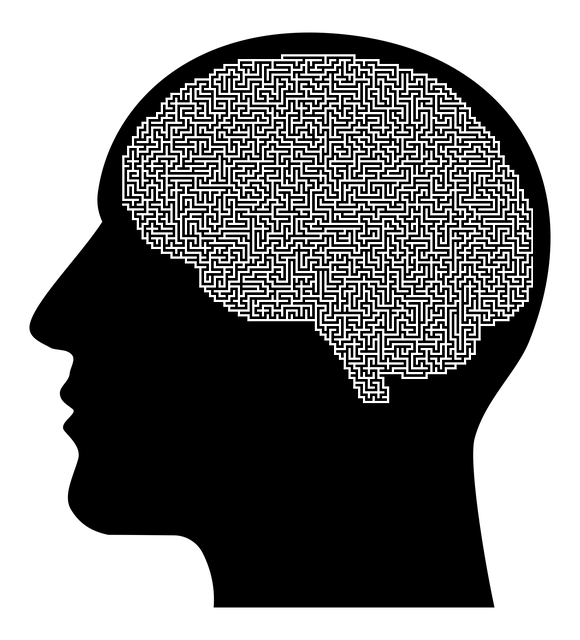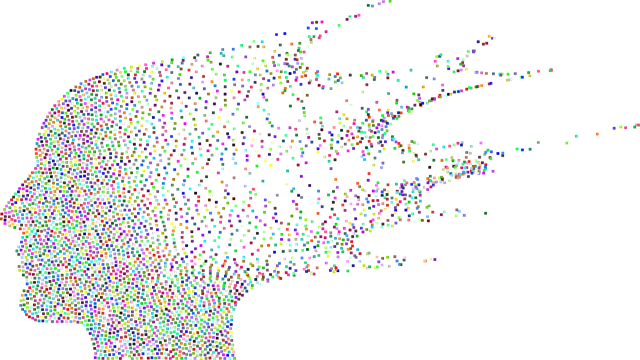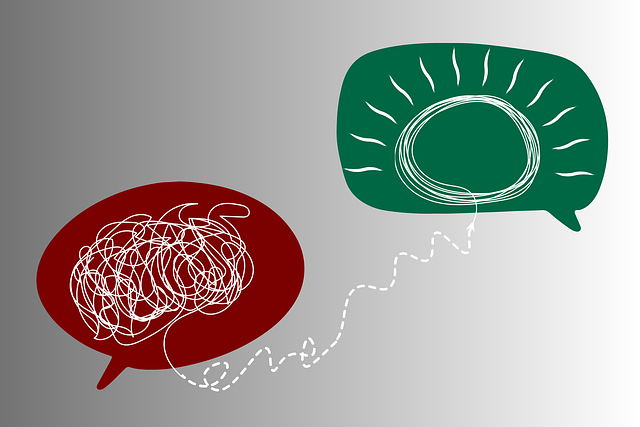Cultural competency training is essential for healthcare providers to deliver quality therapy tailored to diverse adult patients, especially during independent medical evaluations (IMEs). By understanding cultural differences and health beliefs, professionals can foster trust, open communication, and empathy, ensuring respectful and effective care for individuals from various ethnic and social backgrounds. This training is crucial in today's healthcare landscape to prevent delays, improve outcomes, and meet the unique needs of diverse patients during IMEs.
Cultural competency training is essential for healthcare providers, especially in today’s diverse society. This comprehensive guide explores the significance of such training, focusing on its impact on patient care and outcomes. We delve into various aspects, including understanding cultural backgrounds, overcoming biases, and improving communication during adult therapy sessions.
Through independent medical evaluations and real-world examples, we demonstrate how this training empowers providers to offer more personalized care. By fostering empathy and cultural sensitivity, healthcare professionals can create a supportive environment, ensuring effective treatment for all patients.

Healthcare provider cultural competency training is an essential aspect of delivering quality care in today’s diverse society. By understanding and appreciating cultural differences, healthcare professionals can provide more personalized and effective therapy for adults. This includes recognizing that certain communities may have unique health beliefs and practices that impact their approach to seeking medical attention or participating in independent medical evaluations.
Cultural competency training equips providers with the skills to navigate these nuances, fostering a safe and supportive environment for all patients. It encourages open communication, promotes empathy, and helps professionals avoid unconscious biases that could influence their interactions. This, in turn, enhances patient trust and satisfaction, ensuring that everyone receives the best possible care tailored to their cultural background and individual needs, especially during critical moments like independent medical evaluations.
API responded with status code 504.

In today’s diverse healthcare landscape, cultural competency training is essential for healthcare providers to offer effective treatment to a wide range of patients. This includes understanding and addressing the unique needs of adults seeking therapy, especially those who require independent medical evaluations (IMEs). A 504 status code highlights the importance of this training; it signifies a gateway timeout, indicating that systems or servers did not respond promptly, much like a delay in providing culturally sensitive care can impact patient outcomes.
By equipping healthcare professionals with the skills to navigate cultural differences, they can better serve patients from various ethnic, racial, and social backgrounds. This is particularly critical during IMEs, where providers must adapt their assessment methods to respect individual cultural contexts. Through such training, therapists ensure that adults receiving treatment feel heard, understood, and supported throughout the evaluation process.
Cultural competency training is an invaluable asset for healthcare providers, enabling them to offer more effective and sensitive care to diverse patient populations, including those from different ethnic backgrounds, cultures, and socioeconomic statuses. By enhancing cultural understanding and sensitivity, healthcare professionals can improve patient outcomes, build stronger relationships, and foster a more inclusive healthcare environment. Integrating cultural competency into medical education and continuous professional development ensures that patients receive the best possible care tailored to their unique needs, promoting overall well-being and satisfaction. Additionally, this training encourages the adoption of strategies like providing independent medical evaluations (IMEs) and offering therapy for adults, ensuring comprehensive and culturally responsive healthcare services.
